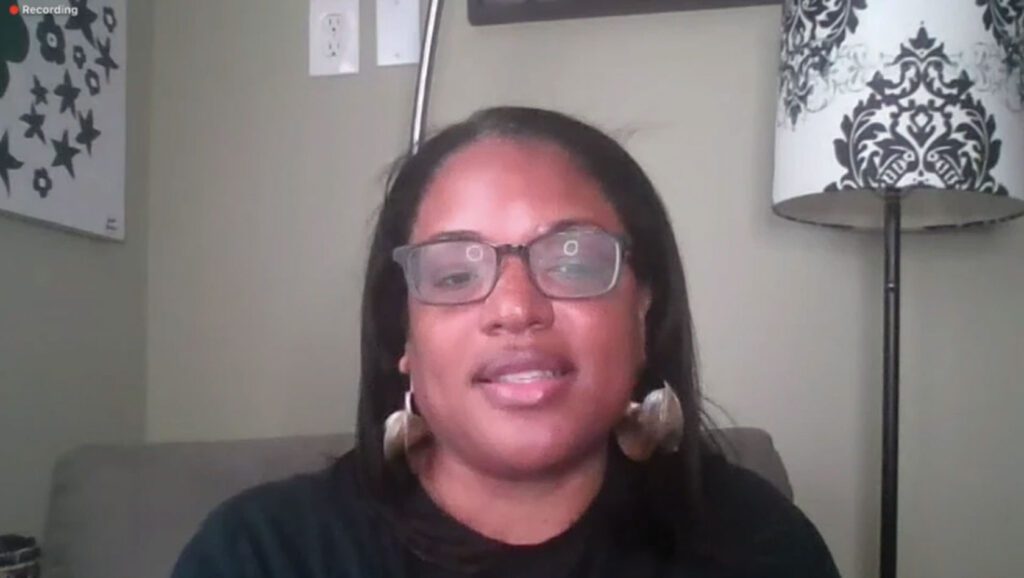In key election year, prisoners with felonies seek right to vote in Massachusetts

Concerned that thousands of Massachusetts prisoners with felony convictions are banned from voting in elections, state lawmakers, prisoners and their advocates on Monday pushed for legislation that would restore their voting rights.
“People in the carceral setting often lack representation and are easily forgotten,” said Joshua “Hamza” Berrios, a prisoner at the Massachusetts Correctional Institution in Norfolk in a recorded message at a remote briefing Monday.
“I think it’s very, very important,” said Eddie Mac, another prisoner housed at the Norfolk state prison, who is part of the prison’s African American Coalition Committee.
The group held the event to promote several pieces of legislation meant to restore voting rights. There, they released a briefing from the Sentencing Project, a Washington, D.C.-based nonprofit that laid out the importance of such legislation, especially considering the widening racial disparities in the state’s criminal justice system. Less than 7% of the state’s population is Black, compared to 31% of the prison population, data shows.
That legislation would overturn a constitutional amendment approved in 2000 in a ballot initiative that was approved by more than 60% of Massachusetts voters that barred people incarcerated for felonies from voting. To change the law, lawmakers would have to call a “constitutional convention” requiring at least 50% support from lawmakers and then would have to go to a public vote. It also would require other state law changes.
State Sen. Liz Miranda, a Democrat from Roxbury, says she filed legislation as “a matter of racial justice.”
“The disenfranchisement of these citizens, our people, perpetuates the racial injustices already present in the entire system,” Miranda said. “It’s effectively diluting the political voice of entire communities.”
Massachusetts is one of 23 states where prisoners with felony convictions lose their voting rights when incarcerated but have it restored upon release, according to the National Conference of State Legislatures. Currently some 5,600 people are serving criminal sentences in state prisons in Massachusetts, according to the Department of Correction. The vast majority of those, if not all, would be for felonies, the state said. Hundreds more people incarcerated in the state’s county jails also are restricted from voting.
Nicole Porter of the Sentencing Project said that, nationwide, some 56% of voters believe all people should have the right to vote, even those completing their sentences behind bars.
Since 1997, the District of Columbia and 26 states have expanded voting rights for over two million people living with felony convictions, the Sentencing Project’s brief said. Vermont and Maine are the only two states in the nation without any restrictions to people convicted of felonies, according to the organization.
Miranda said it’s all about “political will.”
“Not everyone cares to give incarcerated individuals the right to vote again, because it would mean that if you represent the town of Norfolk or Shirley, that there are people who you count on your census in your facilities that then can vote for you and not vote for you,” she said. She said that people are probably “afraid of that.”
Sarah Betancourt is a bilingual reporter for GBH News.






